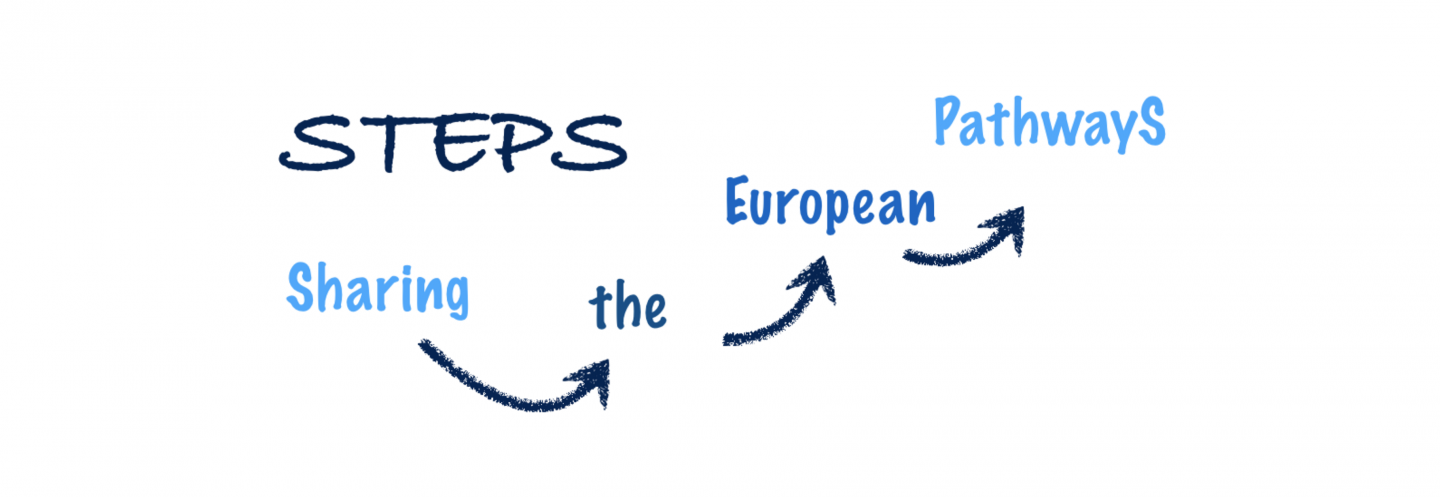
STEPS (Sharing The European Pathways)
STEPS
Since every EU member state is committed to implement the United Nations Convention on the Rights of People with Disabilities, it follows that every country will be looking to close down the old-fashioned institutions and move people (and staff) out in community based services. It is crucial to empower the PwD in order to reach their full potential and achieve full participation in the society. Also a demanding challenge alongside is to form the attitude of the supporters around them. STEPS project was set up to deliver a training method what effectively able to influence both.
STEPS project main objectives were helping the transition and everybody who might get involved the process: people preparing to move out, those who have moved out, staff supporting them, the families and friends. The partnership built up from five partners in different stage of the deinstitutionalisation for Sharing the European Pathways with each other. The coordinator was the Hungarian Hand in Hand Foundation specialised in educational social care and training projects and supports the Hungarian efforts to de–institutionalise its national care services. Fundatia Alpha Transilvana (FAT) is the Romanian partner what is a major service provider in Transylvania. Kehitysvammaisten Palvelusaatio from Finland has a long-term history of innovation in service delivery and experience of training staff whilst closing down large institutionalised services. Social Care Training is the UK partner in the project. It specialises in learning disability services and staff training. inproof is our Belgian partner. It covers monitoring and quality control and valuates the project.
The project had created 13 Intellectual Outputs which contain 5 universal materials, 5 localised materials with country specific contents and 3 evaluation reports on each year and manager’ feedbacks. The training materials are not just the usual training materials. An important new element (among many) is the role of the ‘co-trainer’. This is someone with a learning disability who has been trained to act as a co-trainer alongside another trainer in delivering the STEPS training materials. Not all the modules need a co-trainer, but where this is appropriate we use the skills and insights of co-trainers. The training is designed for use in the actual workplace. The materials are all broken up into roughly 3 hour training sessions in small modules clustered around a specific topic which they will need to cope with when living in the community (e.g. managing money). This means that all the materials can be accessed within a single shift by staff or residents with relative ease. The training materials had been tried and tested on two short term joint staff teaching/training activities and on two training cycles in partner countries and they really work. De-institutionalisation is a long process involving many challenges for people with disabilities, staff and families. Changing attitudes and opening up minds to different ways of supporting people to move out of institutions and live in the community is a long-term task.
STEPS Newsletter Summer 2017
Materials
Hungarian materials are available at the following link:
https://goo.gl/forms/Cn0rk1RedJAONtey2
English materials are available at the following link:
https://goo.gl/forms/E1572TJZrC7eNJRO2
Finnish materials are available at the following link:
https://drive.google.com/open?id=1-0Cqx33y4UBwY6kWb1CgVAxWaXojdw-K
Romanian materials are available at the following link:
https://drive.google.com/drive/folders/1MjQNFDhyGF_PHFWjVNQD6CG31oHsFRRH...
The Partnership
Hand in Hand Foundation, Hungary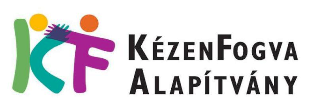
http://kezenfogva.hu/
Hand in Hand Foundation has been working for the creation of a community in which people with disabilities can live with dignity since its foundation in 1993. Our work has always been centered on the needs of people with disabilities, whom we try to reach in their own environment, both directly & indirectly, in all phases of their lives. As a result of such complex meaning of walking Hand in Hand, our tasks are also complex. Though our team is small, we are capable of reacting to challenges quickly. Our conviction that the social, professional & institutional structures can & must be changed makes us pioneers in the profession.
Social Care Training Ltd, United Kingdom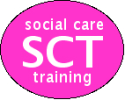
www.sctltd.eu
As its name suggests, SCT’s particular area of expertise is training in social care, with a particular interest in disability (especially learning disability) issues, residential and domiciliary care and the provision of training and assessment systems for support staff. It operates with a small core staff of two directors, supported by a range of specialist training consultants selected and employed on a project by project basis, enabling the closest possible ‘match’ between the skills of those employees selected and the requirements of a particular project.
Fundatia Alpha Transilvana, Romania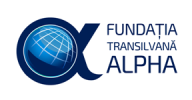
http://www.alphatransilvana.ro/
Alpha Transilvana Foundation is a charitable and humanitarian NGO without political, ethnic, racial, or religious affiliations. Its purpose is to provide social assistance to persons with physical and mental disabilities and other people in need. In 22 years of continuous activity, we have been through many phases. Step by step, we grew from a rather small charitable organization to a multifunctional service provider offering the following: recuperation and rehabilitation services for children with disabilities, support and orientation for professional integration, re-adaptation and re-education, and other general measures aimed at supporting people in their times of need. Mission statement: Working in and for the community, we are close to the real pulse of life. As an organization, we consider it to be our calling to be sensitive and to fill the thousands of needs of personal, family and community life, needs that due to their extraordinary diversity cannot be filled solely by laws and funds.
Kehitysvammaisten Palvelusäätiö, Finland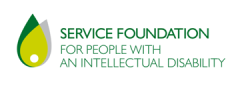
http://www.kvps.fi/
Service Foundation for Persons with Intellectual Disabilities is a national developer of services, which provides support for persons with intellectual disabilities as well as their families. The purpose of the Service Foundation is to find and develop new ways to ease the everyday life and improve the quality of living of persons with an intellectual disability and their families. The objective is to create models of human, functioning and good quality services.
inproof, Belgium
http://www.inproof.eu/
inproof – international project office – assists organisations in implementing European projects efficiently and effectively via tailored and straightforward advice, tools, training and coaching, with a focus on the social profit sector and schools.
We write project drafts for organisations who do not have the time to find out all details & requirements of EU Calls for Proposals. We also take care of copywriting for your website, in English or Dutch.
For schools, inproof develops real-life case studies for pupils, containing competencies which teachers wish to test or evaluate within their target group, e.g. as part of the course project or office management.

